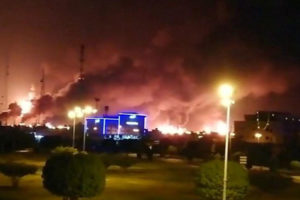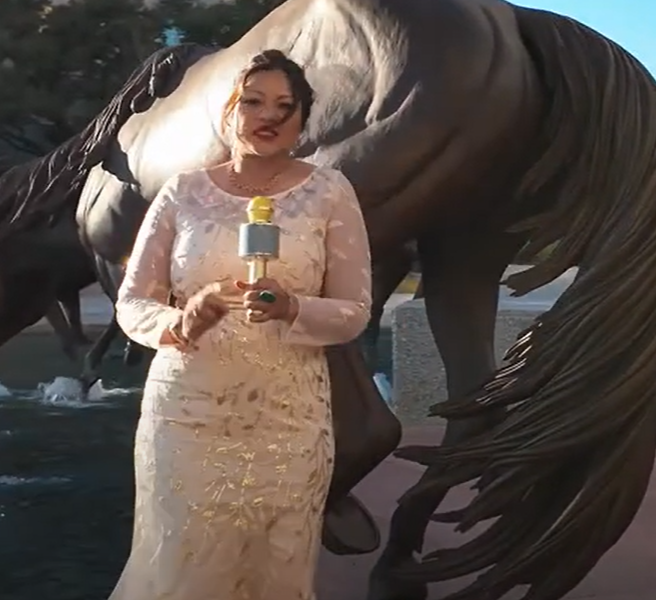Increasingly frequent marine heatwaves can lead to the almost instant death of corals, scientists working on the Great Barrier Reef have found.
These episodes of unusually high water temperatures are – like heatwaves on land – associated with climate change.
Scientists studying coral after a heat event discovered that extreme temperature rises decayed reefs much more rapidly than previously thought.
They published their findings in the journal Current Biology.
The study revealed that corals became up to 15% weaker after an extreme heat event, causing some fragments to actually break off from the reef.
Dr Tracy Ainsworth, from the University of New South Wales in Australia, worked on the study. She told BBC News that her whole research team, made up of scientists who have worked on corals for more than a decade, was shocked to find them to be “really brittle”.
More typically, temperature rises cause something called coral bleaching – when the coral expels vital algae that lives in its tissues. In those events, the coral itself remains intact. “But what we’re seeing here is that – when the coral tissue dies – it falls and breaks away from the skeleton,” Dr Ainsworth explained.
Commenting on the paper, Dr Laura Richardson, from the School of Ocean Sciences at Bangor University, UK, said that the really significant discovery was “the rapidity with which the reef skeleton breaks down when you have these severe heatwaves”.
Dr Richardson added that the team had documented, for the first time, that severe heatwaves were causing “almost instant mortality of corals”.
Dr Ainsworth said the researchers referred to the resulting, heat-damaged skeletons as “ghost corals, because there was just nothing left”.
“Within about 10 days, those samples that had been exposed to the heatwave… were actually floating.”
BBC






















